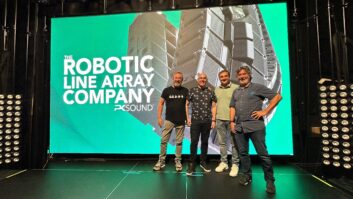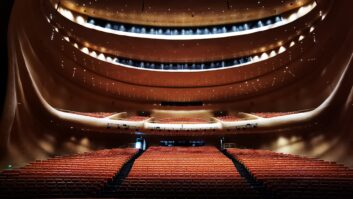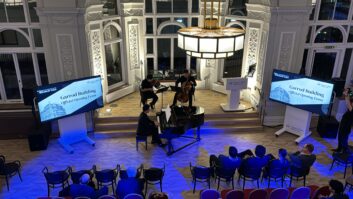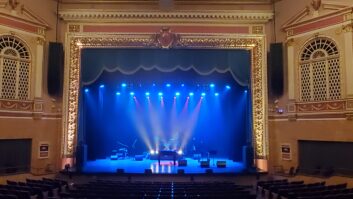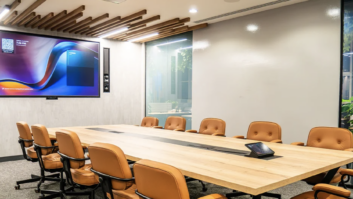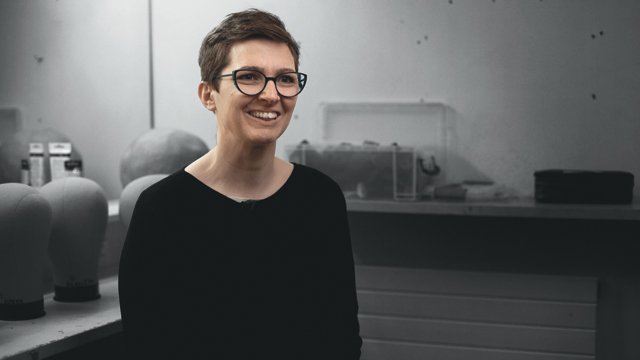
Theatre sound has evolved significantly over the past 20 years. From the increasing availability of wireless microphones, to the development of discreet lavalier mics designed explicitly for theatre – new technology continues to push the industry forward. In partnership with Curtain Call, Shure put together a panel of industry experts at 2019’s PLASA Show in London to explore the future of audio for theatre and how it continues to influence the very nature of theatre performance. Following Shure’s panel, we caught up with panellist and theatre sound engineer Zoe Milton for a deep dive into audio in theatres.
How would you characterise the current budget situation in theatres?
Budgets have always been important. I find now that there is a greater understanding of what equipment is required, so it’s just a question of getting the best possible price and not compromising on the amount of gear needed to put a show on. Budgets are always going to be tight, there are always overheads to be considered, even in the longest running shows. I would say that budget wise, not much has changed over my career.
A lot of the theatre shows I’m involved in creatively are small, site specific, or immersive productions, which tackle important issues. Productions like these, by their nature, are not going to make much of a profit, so it’s important to keep an eye on the budget and get the best possible deal for the show.
“Innovation always comes at a price, but it’s understanding the value of that update or change in equipment that is important”
Does this facilitate, necessitate or stifle innovation?
Innovation always comes at a price, but it’s understanding the value of that update or change in equipment that is important. If you have the budget for smaller, more robust, longer battery life transmitters it can make every department’s job easier. But if you don’t have an issue with tight fitting or even non-existent costumes, or cast on stage for hours, it means that you can spend that money elsewhere. It’s always a balancing act. I wouldn’t say that innovation is controlled by budgetary thinking, but I do think that a tight budget will inspire theatrical professionals to problem solve creatively.
Are you having to decide what equipment is essential and what is luxury?
Yes, always. In my mind I will have a clear idea of what I can do comfortably and what would be the best-case scenario.
I hate to put myself in a situation where I’m on the bare minimum, because taking risks on equipment failure is never cost effective.
It depends entirely on the production, if you’re doing an arts council funded project that’s on for two nights with an audience of 25 you have to be realistic, it’s not going to be the same budget as a star-studded West End show, and it’s not going to have anywhere near the same toll on the equipment.
Do you see the situation continuing as it is or getting better in time?
Shows will always have a finite budget. I hope that as sound is better understood and our creative needs and ideas are better communicated, the audio world of the show will be more respected and accommodated and the budget situation will improve. Theatrical storytelling, in my experience is still a very visual medium, where the perceived goal of the sound is to be unnoticed. I think that as directors and producers begin to understand the amazing benefit of a strong sound environment for performance more importance will be placed on achieving that.
Much of my work is about technically and practically enhancing the performance, by making sure the actors can be heard in the space, or are clearly recorded. The most exciting times, though, are when sound is creatively part of taking the audience on the journey of the performance. When you’re working on a show where the importance of sound design as a whole is understood, you can tell in the final performance.
